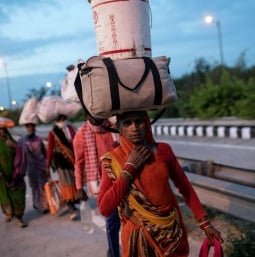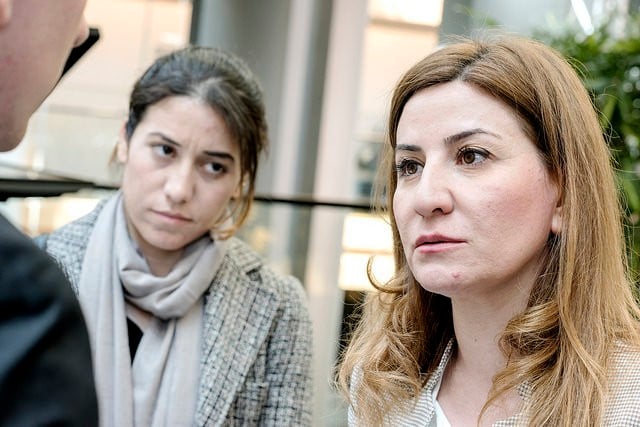
Covering migration
Current coverage of the global south by media in the EU and global north is too often defined by negative stereotypes and simplifications of complex contexts, focusing on ‘headline’ issues such as poverty, natural disasters, terrorism, corruption and conflict rather than more nuanced analyses and perspectives.
All too frequently, too, these stories are told from the viewpoint of humanitarian aid workers, diplomats or other external commentators from North America or Europe, at the expense of local communities, experts and activists whose experiences remain unheard. And positive stories – though there are many to choose from – rarely feature.
This reflects a broader lack of global imagination in our coverage of global issues.
The media is still struggling to achieve truly global journalism that brings together the different relations and interconnections across the world together instead, these issues are being covered in a piecemeal fashion. This is illustrated by the fact that journalism is still neatly divided into ‘domestic’ and ‘foreign’ coverage, even on issues with a global scope.
One of the topics where this aspect of media coverage is weakest is around migration. Unfortunately, this comes at a time when journalism on this issue could not be more important, particularly with the rise of misinformation and anti-migrant hate speech.
Minority Rights Group, partners, and journalists from Bulgaria, Hungary, Poland and Slovakia have developed this toolkit to help journalists, editors and communication specialists address this blind spot around migration.


